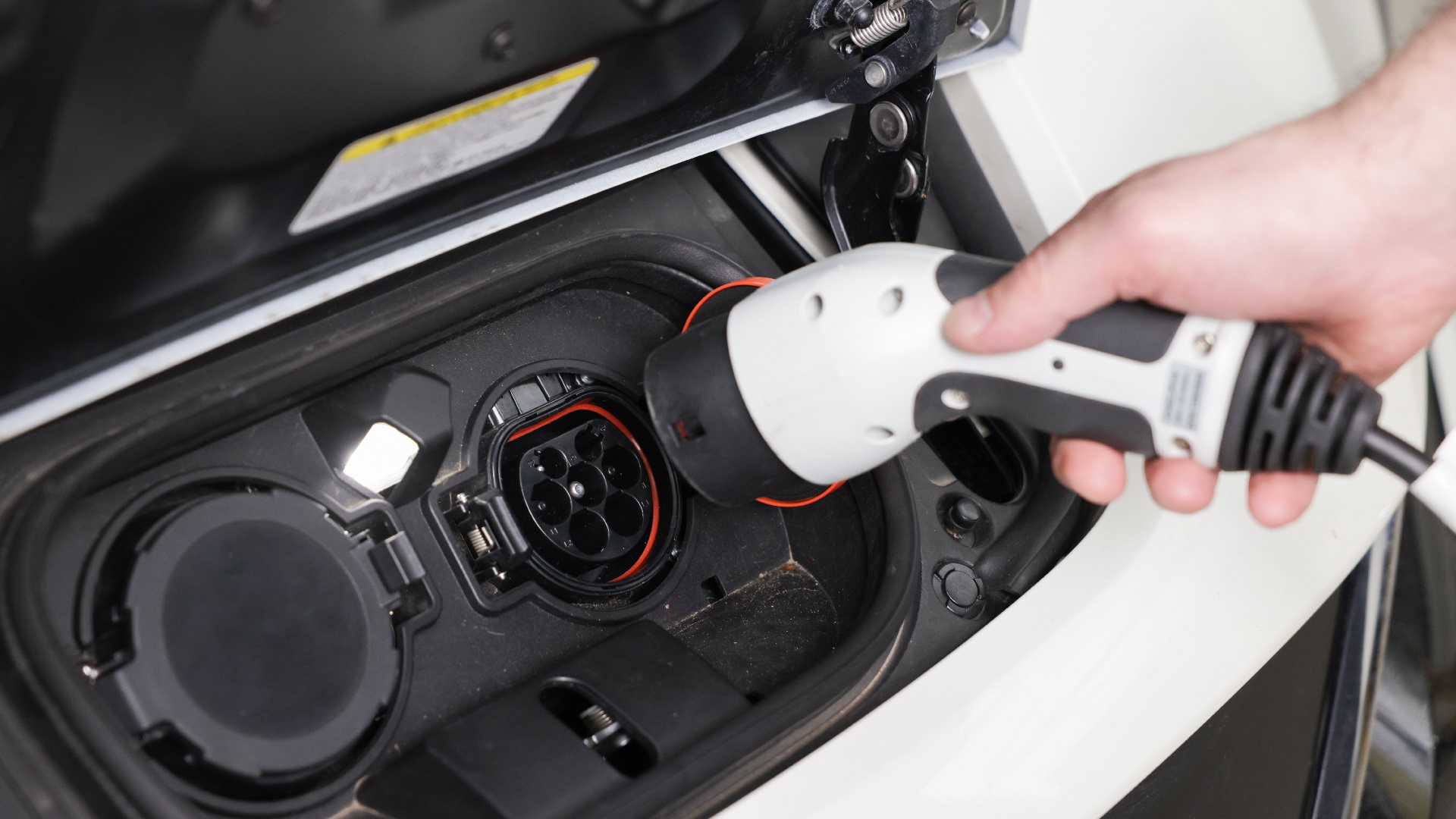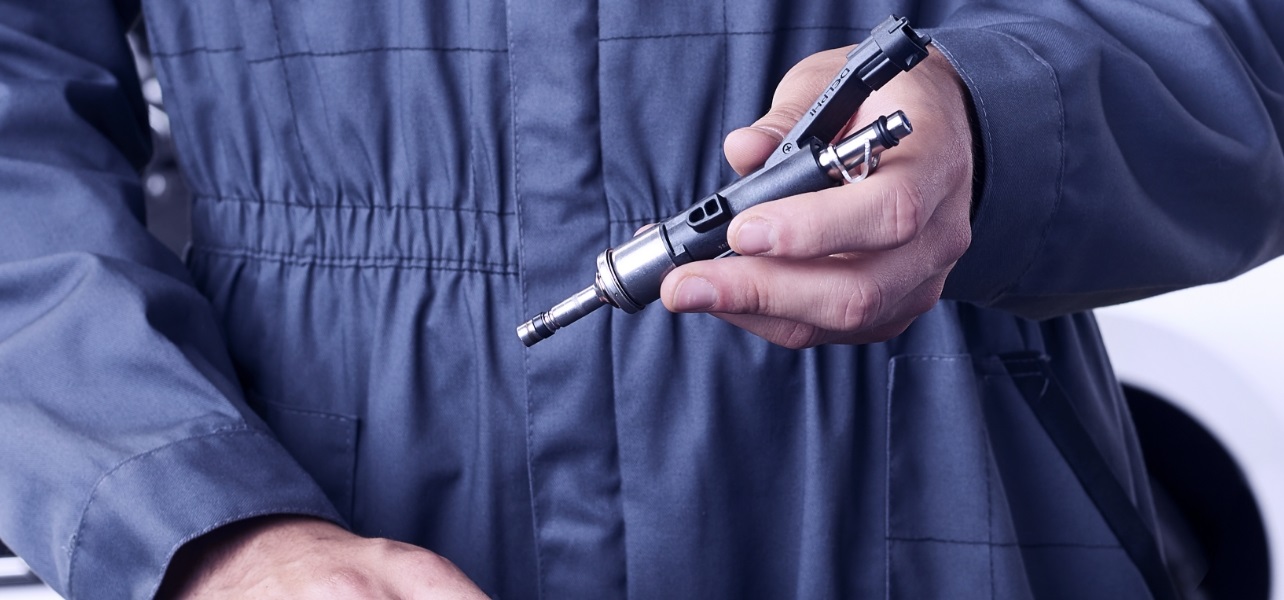Resource Highlights
Can I use an EVSE lead to charge my vehicle each time?
An EVSE lead is great for charging your vehicle when you’re out and about, but it isn’t ideal for permanent use. Don’t forget, an EVSE lead will be limited to 10-13 amps depending on your country. For most EV’s that is only 6-9 miles per hour of charge.
Can EV chargers cause an electrical socket to overheat?
Approved EVSE chargers have an in-built temperature sensor installed in the plug, so if it gets too hot, the charger will switch itself off. A non-approved charger may not have this feature and can cause heat damage to the electrical socket.
How can I tell if the EVSE cable is charging the vehicle or not?
The ‘Power’ light will be on to tell you that the EVSE lead is receiving power. Below it, the ‘Charging’ light will flash to tell you that the vehicle is being charged.
What does the ‘Temperature’ light mean on the EVSE charger?
If that light is on, it means that the EVSE lead is getting too hot. Switch it off and allow it to cool down.
What is wrong when the ‘Fault’ light comes on?
On the back of the EVSR lead, there is a handy list of all the faults that could have caused the light to flash. Check each one to narrow down the cause of it.
Can I use the EVSE lead with an extension cable?
This is not advised – it must be plugged directly into an electrical socket. Never use an extension lead without uncoiling it first.
Why isn’t the vehicle charging when I’ve connected it to an EVSE lead?
SIGN UP
TO FIND OUT MORE
Fill out your details to hear more from our experts and get the latest updates from Delphi.




